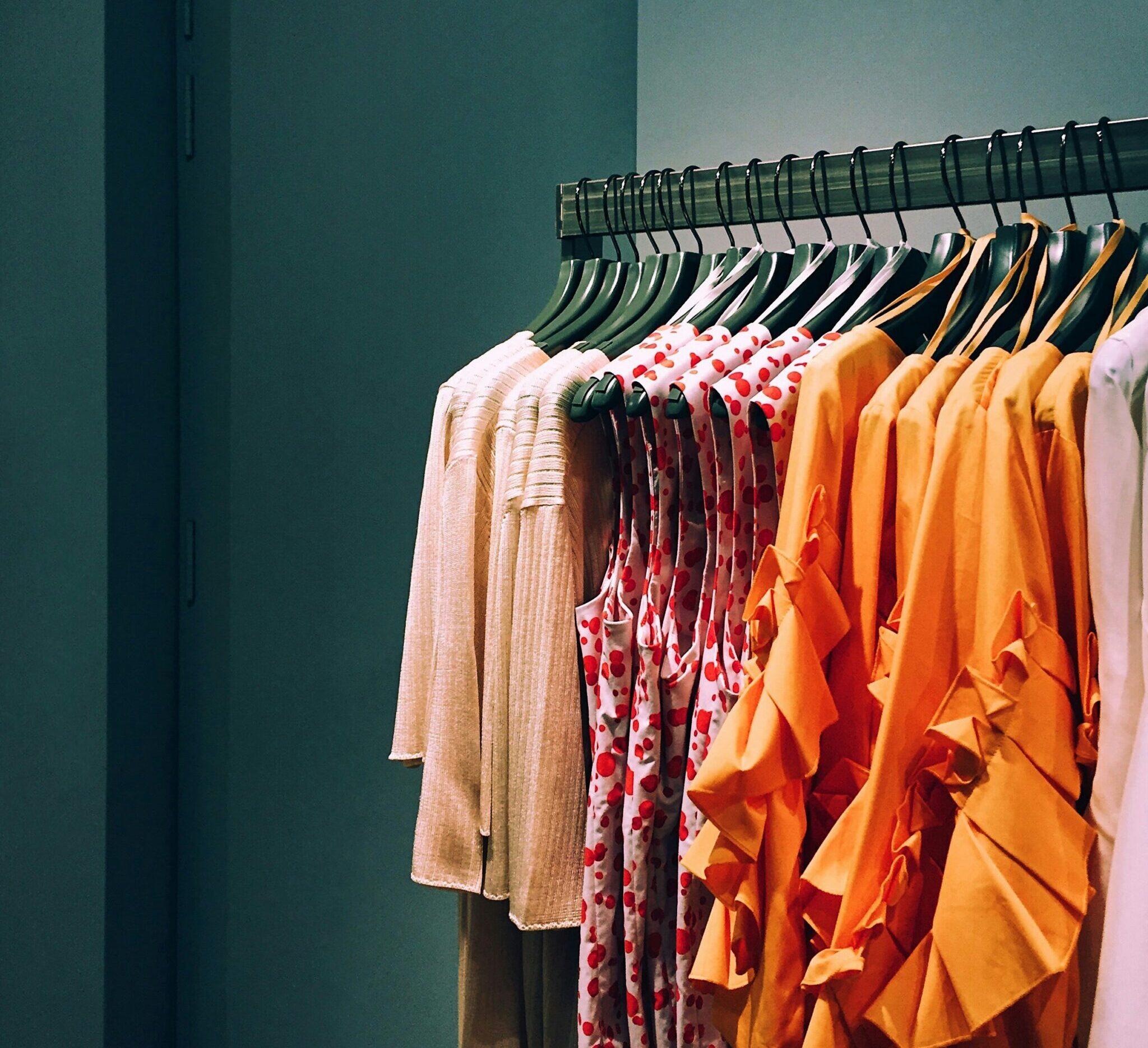Participating in a friend’s bridal party should be a joyous occasion.
But my recent experience getting a Kente outfit designed and sewn by a recommended Ghanaian fashion designer turned into a lesson on the critical balance between artistry and customer experience.
The Experience
Despite warnings about her communication skills, I chose a designer praised for her craftsmanship.
Unfortunately, the process was marred by:
- Prolonged Communication Gaps: Days and sometimes weeks passed without responses to my or another friend’s inquiries.
- Internal Miscommunications: Conflicting information from the designer and her assistant led to confusion.
- Indifference to Customer Experience: There was a palpable lack of concern for the client’s journey.
- Preferential Treatment: It became evident that personal acquaintances received better service.
A fellow bridesmaid (and customer) shared a similar sentiment about her experience: “The quality of the dresses themselves [were] overshadowed by the shockingly poor customer service and communication I received.”
I was forced to “hunt” down the designer for a response just two days before the wedding.
This level of unresponsiveness created immense and unnecessary stress during an already hectic period.
When I provided feedback, the designer’s casual response was, “This is not America, this is Ghana,” suggesting that somehow our need for communication and clarity was foreign.
As a UNESCO report highlights, Africa has the potential to become a global fashion leader, but long-term success will require investments in customer experience, infrastructure, and education
Industry Insights
The African fashion industry is valued at approximately $31 billion and is growing rapidly.

Ghanaian designers are gaining international acclaim for blending traditional textiles with contemporary styles.
However, as the industry expands, so does the need for improved customer service and overall customer experiences.
A significant factor contributing to this issue is the consumer’s role. Too often, Ghanaians continue to patronize businesses despite receiving poor service (myself included), inadvertently perpetuating a cycle of mediocrity.
This reluctance to switch providers or voice dissatisfaction allows businesses with subpar customer service to thrive, hindering the overall improvement of service standards in the country.
We need to unlearn these behaviors to drive positive change. This includes actively seeking out businesses known for good service.
When we experience poor service, we need to make our dissatisfaction known – whether through direct feedback to the business, online reviews, or choosing to take our business elsewhere.
Only by collectively demanding better service can we create a market that rewards businesses that prioritize their customers.
The Rise of Concept Stores and E-Commerce Platforms
Recently, there has been a surge in concept stores across Africa, serving as creative hubs that showcase multiple designers under one roof.
These spaces offer consumers a curated shopping experience, blending fashion with art and culture.
Similarly, e-commerce platforms like Anka Marketplace enable designers to reach a global audience without directly managing customer interactions.

While these platforms expand market reach, they can inadvertently distance designers from their clientele, leading to a generic customer experience.
As a UNESCO report highlights, Africa has the potential to become a global fashion leader, but long-term success will require investments in customer experience, infrastructure, and education.
What Could Improve This Experience?
- Consistent Communication: Regular updates and prompt responses build trust.
- Streamlined Internal Processes: Ensuring the team is aligned prevents client confusion.
- Customer-Centric Approach: Every client should feel valued, regardless of personal connections.
- Transparency: Clear timelines and expectations can alleviate client anxiety.
- Personalized Service Amidst Growth: Even as designers expand through concept stores and e-commerce, maintaining a unique customer experience strategy is crucial.
The Bigger Lesson
While Africa’s apparel market is projected to grow annually by 4.77% between 2025 and 2029, sustainable growth hinges on more than just design excellence.
A Lagos-based shopper noted, “Stores like Alara and Temple Muse, offering high-end African and global brands, often provided customization options, ensuring a perfect fit at no extra cost.”
The expansion through concept stores and online platforms should not come at the expense of well-designed and personalized customer experiences.
Designers must find a balance between scaling their businesses and maintaining direct, meaningful interactions with their customers.
The views and opinions expressed in this article are those of the author and do not necessarily reflect the views of The Labari Journal. This content represents the author’s perspective and analysis.





